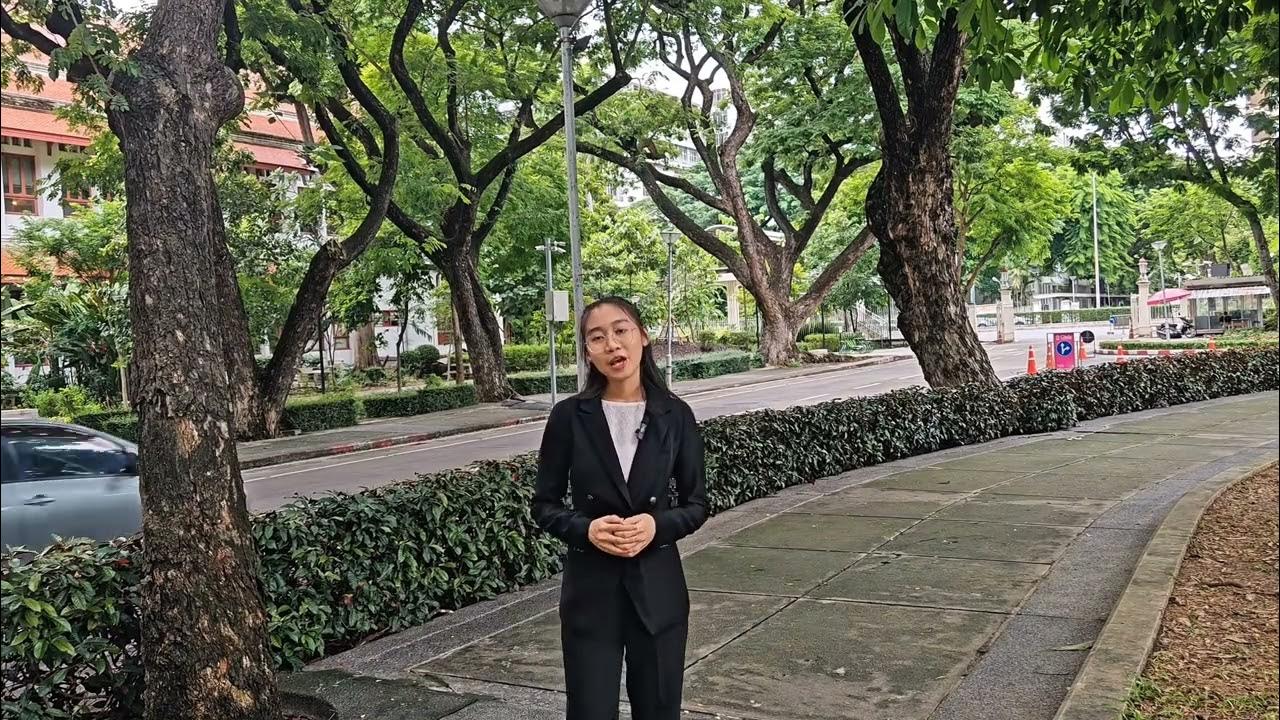Beyond Recycling: Reinventing the Future of Single-Use Plastic | Evan White | TEDxUGA
Summary
TLDRIn this compelling talk, the speaker shares their personal journey of collecting single-use plastic over the years, emphasizing the environmental impact of our addiction to plastic. As both an environmentalist and polymer chemist, they explain how plastic waste harms ecosystems and marine life. Their research focuses on developing biodegradable plastics and sustainable packaging solutions. The speaker urges consumers to make conscious choices, like using reusable bags and supporting compostable packaging, while also stressing the importance of industry innovation in tackling the plastic waste crisis. Ultimately, the message is clear: we must act now to reduce our plastic footprint and protect the planet.
Takeaways
- 😀 Single-use plastics are deeply ingrained in consumer habits, and reducing them requires awareness and conscious decision-making.
- 🌍 Over 60% of coastal garbage comes from business-to-consumer plastic packaging, contributing significantly to environmental pollution.
- 🐢 Research shows that sea turtles ingest plastics, with the types of plastics in their stomachs matching the common plastics found in consumer packaging.
- 🔬 By 2050, it is predicted that plastic production will reach 8.3 billion metric tons, with 6.3 billion going to waste and only 9% recycled.
- 💡 The challenge with single-use plastic is its chemical stability; most plastics do not biodegrade and persist in the environment, especially in regions with developing waste management systems.
- 🌊 Ocean ecosystems, including key species like sea turtles, are severely impacted by plastic pollution, with plastics contaminating animal diets and habitats.
- 🔍 Current research aims to design plastics that biodegrade quickly after use, while still fulfilling their practical functions in packaging.
- 🧬 Polymers used in plastics can be modified to improve biodegradability, enabling plastics to decompose safely when exposed to microorganisms.
- 🌱 Materials like cellulose, which are naturally abundant and recyclable, offer a promising solution for biodegradable packaging alternatives.
- 🏷️ Consumer awareness and actions are crucial for reducing plastic waste, and new packaging technologies must come with clear instructions on responsible disposal to ensure their effectiveness.
Q & A
What motivated the speaker to start collecting plastic?
-The speaker collects plastic not out of hoarding tendencies, but to reflect on their personal habits with single-use plastics and to raise awareness about the issue of plastic waste.
How does the speaker reuse the collected plastic?
-The speaker reuses hard-to-recycle plastics creatively, such as using them for insulation in their home.
What role does single-use plastic play in our lives according to the speaker?
-Single-use plastic plays a significant role in modern lifestyles, as it is essential for many consumer goods, from grocery bags to e-commerce packaging. This dependency highlights the widespread use of plastic in daily life.
Why is plastic waste such a large environmental concern?
-Plastic waste is concerning because plastics are chemically stable and do not biodegrade easily, leading to long-term pollution. In places with underdeveloped waste management systems, plastic often ends up in the ocean, harming marine life.
What is predicted to happen by 2050 in terms of plastic production and ocean pollution?
-By 2050, the mass of plastic in the ocean is expected to outweigh that of fish, with 8.3 billion metric tons of plastic produced, and a large portion of it not being recycled.
What is the connection between plastic packaging and marine life?
-Marine animals, such as sea turtles, ingest plastic particles from the ocean, which often match the types of plastics produced for packaging. This creates a direct environmental impact, as these plastics can accumulate in animal bodies and disrupt ecosystems.
How does plastic break down over time in the environment?
-Plastics break down into smaller pieces over time, eventually becoming microplastics that are consumed by animals. These smaller particles persist in the environment and do not biodegrade, potentially remaining for millennia.
What are some of the efforts to address the plastic waste problem?
-Efforts include researching alternative materials that biodegrade more quickly, designing plastics from renewable resources, and focusing on compostable packaging solutions that can be consumed by microorganisms.
What is the role of polymer chemistry in solving the plastic waste issue?
-Polymer chemistry plays a critical role in developing new materials that biodegrade more easily, either through microbial digestion or natural processes, reducing plastic's long-term environmental impact.
How can consumers help reduce plastic pollution?
-Consumers can help reduce plastic pollution by making conscious choices, such as using reusable bags, reducing single-use plastic consumption, and properly disposing of plastics to ensure they are recycled or composted.
Outlines

هذا القسم متوفر فقط للمشتركين. يرجى الترقية للوصول إلى هذه الميزة.
قم بالترقية الآنMindmap

هذا القسم متوفر فقط للمشتركين. يرجى الترقية للوصول إلى هذه الميزة.
قم بالترقية الآنKeywords

هذا القسم متوفر فقط للمشتركين. يرجى الترقية للوصول إلى هذه الميزة.
قم بالترقية الآنHighlights

هذا القسم متوفر فقط للمشتركين. يرجى الترقية للوصول إلى هذه الميزة.
قم بالترقية الآنTranscripts

هذا القسم متوفر فقط للمشتركين. يرجى الترقية للوصول إلى هذه الميزة.
قم بالترقية الآن5.0 / 5 (0 votes)






